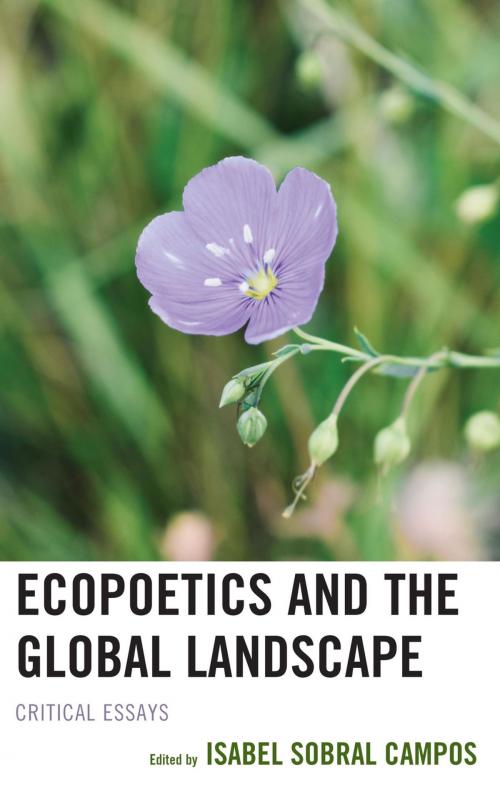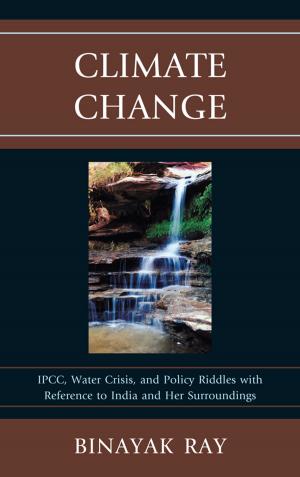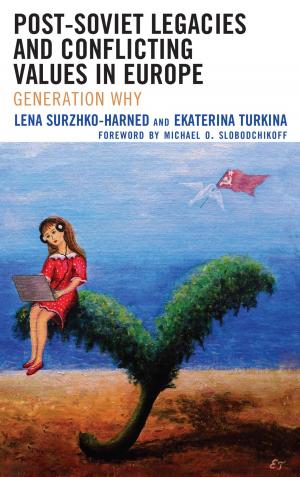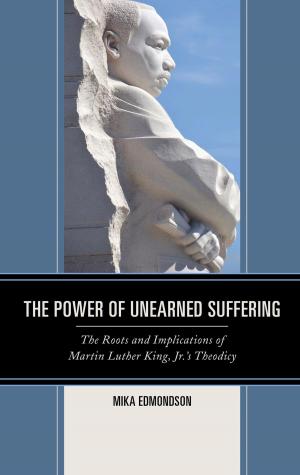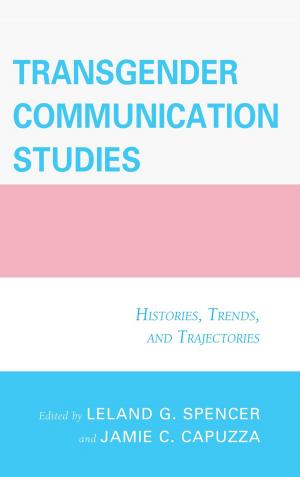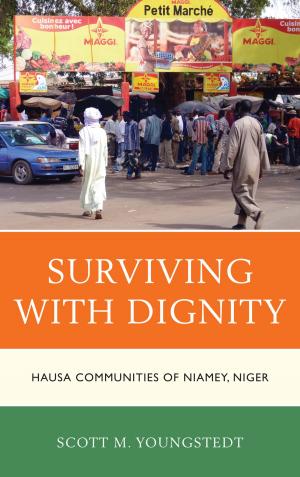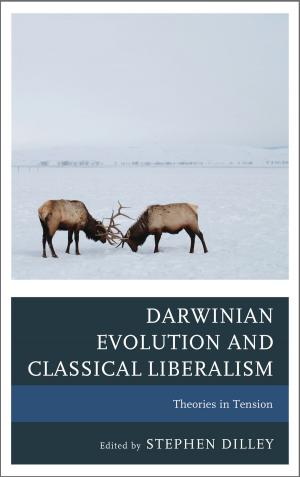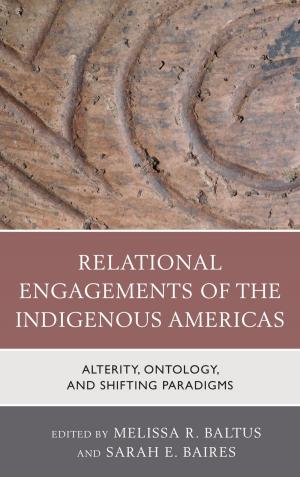Ecopoetics and the Global Landscape
Critical Essays
Fiction & Literature, Literary Theory & Criticism, Poetry History & Criticism| Author: | Cheryl Alison, Benay Blend, Sarah Bouttier, Sarah Giragosian, Craig Santos Perez, John Charles Ryan, Randy Schiff, David Tagnani, Aleksandra Ubertowska, Heather H. Yeung, Isabel Sobral Campos | ISBN: | 9781498547215 |
| Publisher: | Lexington Books | Publication: | December 27, 2018 |
| Imprint: | Lexington Books | Language: | English |
| Author: | Cheryl Alison, Benay Blend, Sarah Bouttier, Sarah Giragosian, Craig Santos Perez, John Charles Ryan, Randy Schiff, David Tagnani, Aleksandra Ubertowska, Heather H. Yeung, Isabel Sobral Campos |
| ISBN: | 9781498547215 |
| Publisher: | Lexington Books |
| Publication: | December 27, 2018 |
| Imprint: | Lexington Books |
| Language: | English |
Ecopoetics and the Global Landscape: Critical Essays surveys ecopoetry from a global perspective across different historical epochs. Its comparative approach foregrounds the importance of ecopoetics within the context of distinct national literatures and cultures to reveal the ubiquitous intersection of poetry with ecocriticism. The collection analyzes environmental problems resulting from the legacies of colonialism and focuses on issues of environmental justice and indigenous issues as well as on the intersection of genocide studies and environmentalism. It also examines ecologically-informed modes of relating to the world. In particular, it engages with interactions between the human and nonhuman as well as mind and matter. Finally, it broadens the scope of place to include both the absent land of exiled peoples, and the urban, built environment.
Ecopoetics and the Global Landscape: Critical Essays surveys ecopoetry from a global perspective across different historical epochs. Its comparative approach foregrounds the importance of ecopoetics within the context of distinct national literatures and cultures to reveal the ubiquitous intersection of poetry with ecocriticism. The collection analyzes environmental problems resulting from the legacies of colonialism and focuses on issues of environmental justice and indigenous issues as well as on the intersection of genocide studies and environmentalism. It also examines ecologically-informed modes of relating to the world. In particular, it engages with interactions between the human and nonhuman as well as mind and matter. Finally, it broadens the scope of place to include both the absent land of exiled peoples, and the urban, built environment.
